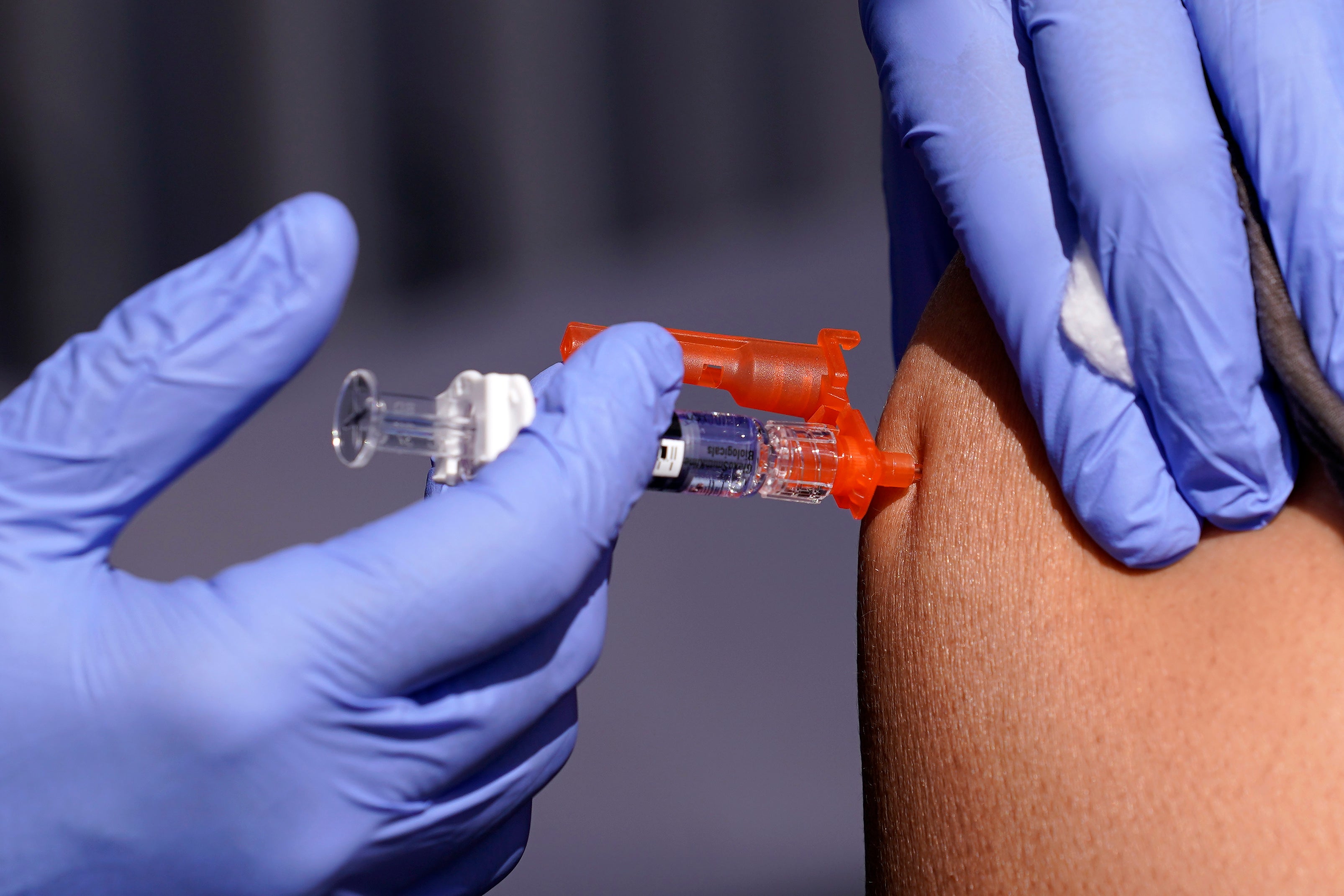The US will pay Moderna $176 million to develop an mRNA pandemic flu vaccine
The U.S. government will pay the vaccine maker Moderna $176 million to develop a pandemic vaccine that could be used to treat bird flu in people as cases in dairy cows continue to mount across the country

Your support helps us to tell the story
From reproductive rights to climate change to Big Tech, The Independent is on the ground when the story is developing. Whether it's investigating the financials of Elon Musk's pro-Trump PAC or producing our latest documentary, 'The A Word', which shines a light on the American women fighting for reproductive rights, we know how important it is to parse out the facts from the messaging.
At such a critical moment in US history, we need reporters on the ground. Your donation allows us to keep sending journalists to speak to both sides of the story.
The Independent is trusted by Americans across the entire political spectrum. And unlike many other quality news outlets, we choose not to lock Americans out of our reporting and analysis with paywalls. We believe quality journalism should be available to everyone, paid for by those who can afford it.
Your support makes all the difference.The U.S. government will pay the vaccine maker Moderna $176 million to develop a pandemic vaccine that could be used to treat bird flu in people as cases in dairy cows continue to mount across the country, federal officials announced Tuesday.
The funds are targeted for release through the U.S. Department of Health and Human Services and will pay for continued development of a vaccine that uses the same mRNA technology that allowed rapid development and rollout of vaccines to protect against COVID-19. The award was made through the Biomedical Advanced Research and Development Authority, or BARDA, a program that focuses on medical treatments for potential pandemics.
Moderna will launch trials to test the safety and effectiveness of a vaccine that could be used to scale up a response to a bird flu pandemic, if needed.
The H5N1 virus was detected earlier this year in dairy cows and has spread to more than 135 herds in 12 states and infected three people to date, all with mild cases. Federal health officials stress that the risk to the wider population remains low.
__
The Associated Press Health and Science Department receives support from the Howard Hughes Medical Institute’s Science and Educational Media Group. The AP is solely responsible for all content.
Subscribe to Independent Premium to bookmark this article
Want to bookmark your favourite articles and stories to read or reference later? Start your Independent Premium subscription today.